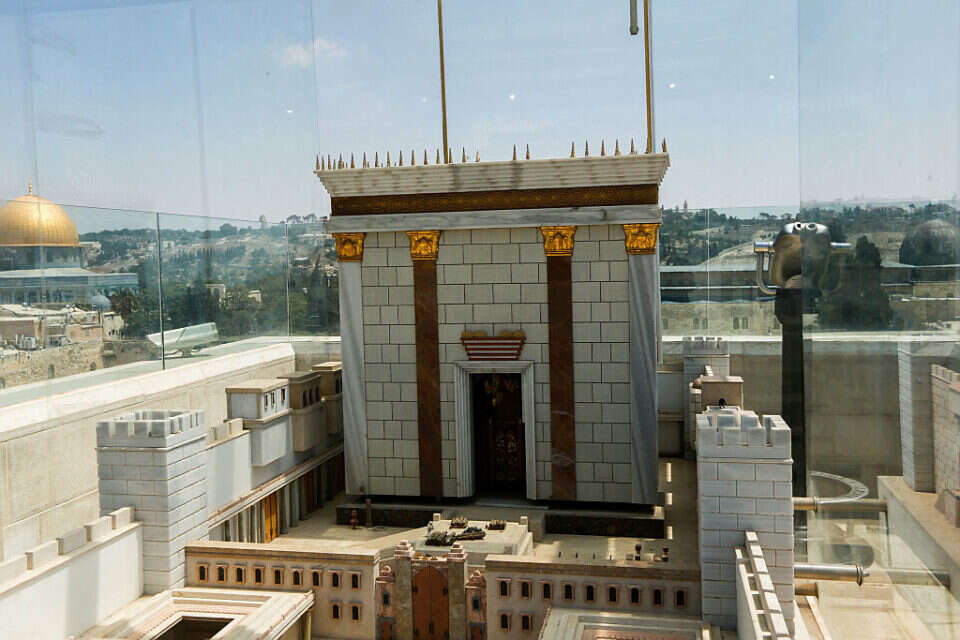Today, Tuesday Tishrei, is the fast of Gedaliah, which is considered one of the four fasts established to commemorate the destruction of the Temple. But who was Gedaliah, and how is he connected to the destruction of the Temple that occurred 4 years after the destruction? We used Google's artificial intelligence, Bard, to explain:
After the destruction of the First Temple by the Babylonians in 586 BCE, Nebuchadnezzar II, king of Babylon, left Gedaliah ben Ahikam as the prefect of Judah, responsible for the remnants of the refugees that remained in the land after most of the people were exiled to Babylon. His role is not entirely clear, but it was probably supposed to ensure that the Jews remaining in the country produced food and income for the Babylonian army units stationed here.
Less than two months after his appointment, apparently during the Rosh Hashanah meal (at least according to some versions), Gedaliah was murdered by Ishmael ben Netanya, a scion of the House of King David who apparently opposed the surrender to Babylon and planned to rebel against it alongside the king of Ammon. But most of the Jews who remained in the area saw no such chance, believing that it would only cause further outrage from Babylon and mass slaughter. Therefore, most of them fled to Egypt, and according to Josephus, the several hundred who remained in Judea were exiled after a short period by the Babylonians, thus bringing the Jewish presence in the Land of Israel to a final end, until the beginning of the Return to Zion 48 years later.
Due to the implications of the murder on the Jewish presence in Israel, it was considered a national disaster, and a fast was set in his memory on the third of Tishrei – either because this is the date of the murder, or because the murder itself occurred on Rosh Hashanah but it is forbidden to fast on the holiday, and therefore the fast was set immediately after it. It serves as a painful reminder that bold political ambitions can lead to disaster, especially when they are made against the positions of the Prophet and the people.
The fast of Gedaliah begins at dawn and continues until the stars come out, and its customs include a prohibition against eating and drinking only (unlike Tisha B'Av and Yom Kippur, which include additional prohibitions). In addition, special Selichot are practiced in most sects, in addition to the usual Selichot of the Ten Days of Repentance.
Wrong? We'll fix it! If you find a mistake in the article, please share with us

